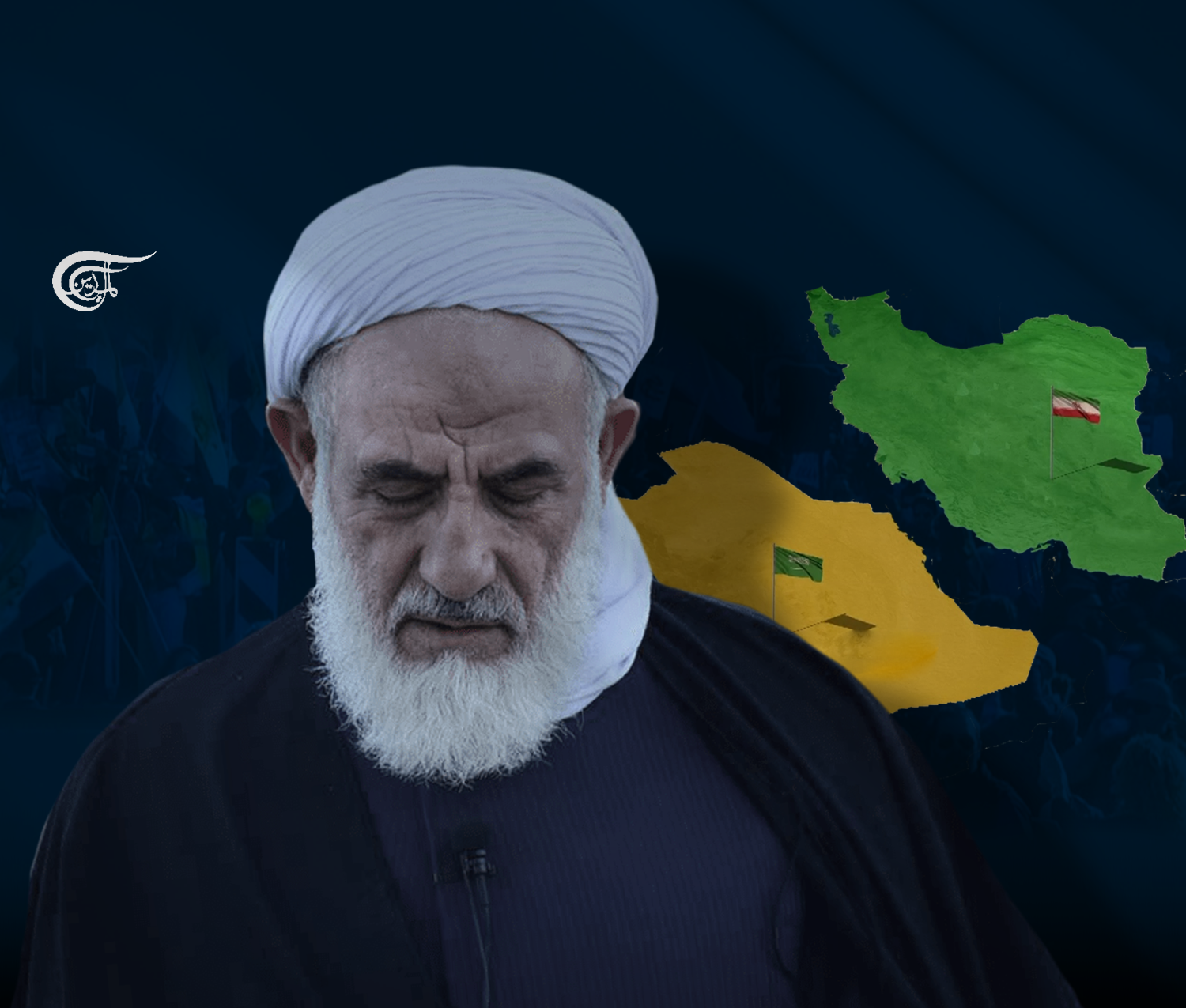Abbas-Ali Soleimani – random attack or attempt to sow discord?
In early March, in a seismic geopolitical shift, it was also announced that Iran and its long-term regional rival Saudi Arabia had resumed diplomatic ties for the first time in seven years in a deal brokered by China.
-

Abbas-Ali Soleimani – random attack or attempt to sow discord?
Wednesday’s murder of senior Iranian cleric Ayatollah Abbas-Ali Soleimani, shot dead as he attended a bank meeting in the northern city of Babolsar, comes amidst a time of dramatic geopolitical upheaval in the Islamic Republic.
In September, less than 24 hours after Iran had joined the Shanghai Cooperation Organisation – a Beijing-led body intended to foster political, economic, and military development in Eurasia – riots would sweep the West Asian country; ostensibly in response to the death of 22-year-old Iranian woman Mahsa Amini, though later confirmed as a Western-orchestrated regime-change attempt by the involvement of US agent Masih Alinejad, and the admission by former US National Security Advisor and notorious Iran hawk, John Bolton, that weapons had been provided to the ‘Iranian opposition’. A tactic previously applied by the United States in previous regime-change operations in Libya and Syria, with disastrous consequences.
In early March, in a seismic geopolitical shift, it was also announced that Iran and its long-term regional rival Saudi Arabia had resumed diplomatic ties for the first time in seven years in a deal brokered by China.
With both Tehran and Riyadh finding themselves supporting opposing sides on conflicts in Syria and Yemen over the past decade, the rapprochement between the Gulf’s two main powerhouses should be a decisive factor in the restoration of stability to a region beset by conflict over the past two decades, with the war in Yemen now likely coming to an end as a result.
It also rubberstamps the growing influence of China in a region where the US once maintained total hegemony.
As a result, this indicates that the killing of Ayatollah Soleimani, though initially reported as a case of mistaken identity related to a personal dispute, may be part of a far more sinister agenda.
A member of the Assembly of Experts, 88 high-ranking Shia clerics responsible for the selection and supervision of Iran’s Supreme Leader, Soleimani would serve as Ayatollah Khameini’s personal representative to Sistan and Baluchestan Province from 2002 to 2019, an eastern Sunni-majority region in Iran, with a history of US and Israeli-sponsored terrorism, carried out with the intention of fostering sectarian division in the Islamic Republic.
Thus, with Saudi Arabia being seen as the dominant Sunni power in the Islamic world – adhering to the ultraconservative Wahhabi interpretation in particular – and Iran being regarded as the Shia equivalent, the most likely way for either the US or "Israel" to undermine the new agreement, would be to sow discord along sectarian lines between both countries. The intended result for Washington being the countering of Beijing’s growing influence in the region, and for "Israel", the containment of Iran - a long-time opponent of the Israeli occupation since the 1979 Islamic Revolution.
Indeed, such a divide-and-conquer strategy has a not-too-distant usage by the US in the region.
In March 2011, protests in Syria calling for government reform would rapidly escalate into extreme violence. Like what is currently playing out in Iran, it quickly emerged that the ‘Syrian Revolution’ was a regime-change operation orchestrated by the United States, Britain, France, Saudi Arabia, and "Israel", the catalyst being Bashar al-Assad’s 2009 refusal to allow US-ally Qatar to build a pipeline through his country.
In 2016, leaked emails between Israeli intelligence and then-US Secretary of State Hillary Clinton revealed that "Tel Aviv" saw sectarian strife erupting in the Arab Republic as a positive, and would serve to undermine Iran’s influence in the region.
Indeed, fostering sectarian division within the Arab Republic as a means to undermine Damascus was outlined in a 2006 cable, five years before the regime-change operation began, and now with détente between Iran and Saudi Arabia possibly being seen as a threat to US and Israeli interests, it appears that this is a tactic that may soon rear its ugly head again in the Persian Gulf.

 Gavin O'Reilly
Gavin O'Reilly
 4 Min Read
4 Min Read











